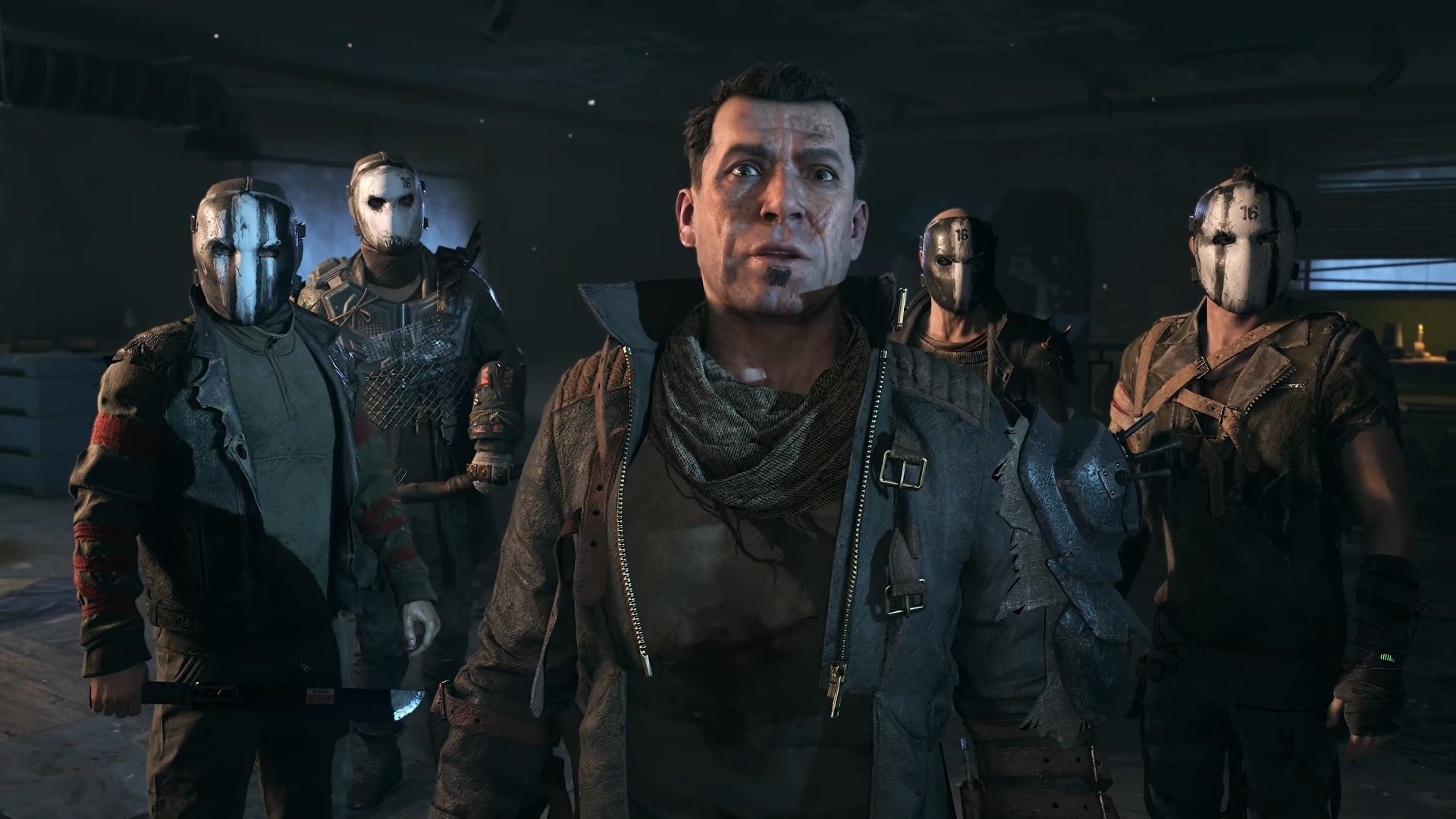Wu Cheng’en’s Journey to the West has inspired countless tales, and been retold over and over again, as one of the four classics of Chinese literature. And at the heart of this legendary masterpiece is its breakout character: Sun Wukong, the Monkey King.
The Monkey King has long been a subject of fascination and inspiration to Asian imaginations creatives. Son Goku, of Akira Toriyama’s Dragon Ball is, after all, just the Japanese translation of “Sun Wukong” — and Goku is further equipped with Wukong’s magic staff, tail, and flying cloud to surf upon.
It is only fitting then that the tradition continues, and something new is created once more from the legend of The Monkey King: DC Comics’ newest superhero, the Monkey Prince.
What is DC’s The Monkey Prince about?
What if Sun Wukong, the legendary Monkey King, had a son? And what if that boy didn’t know who he really was? That’s the juicy premise of The Monkey Princeset to kick off the story of a whole new Asian American hero and his journey of self-discovery.
Marcus Shen is the son of two henchmen-for-hire — meaning he’s afraid of superheroes, and he moves around a lot. He struggles to fit in at a new school, but things seem to change when he meets Mr. Zhu, the maintenance man, and learns that his true father is the legendary Sun Wukong, the Monkey King.
There’s a touch of The Karate Kid Here, clearly, as we see a kid who’s lost really find his purpose and stand up for himself. But beyond that, this is very much a coming-of-age story steeped in Chinese literature and American superhero world-building. Marcus’s life has taken him all over the DC Universe, he’s seen Batman, and the book is even set in Gotham. So it’s very rooted in a familiar superhero setting, but with touches like “Mr. Zhu” — who is just Zhu Bajie (or “Pigsy”), who was the Monkey King’s companion in Journey to the West
Why is The Monkey Prince happening now?
:no_upscale()/cdn.vox-cdn.com/uploads/chorus_asset/file/23210890/IMG_CA0AE54EAEB7_1.jpeg)
Image: Gene Yang, Bernard Chang/DC Comics
Last year, in May of 2021, DC Comics published DC Festival of Heroes: The Asian Superhero Celebration, a grand one-shot overseen by editors Jessica Chen and Andrea Shea, filled with Asian talent, meant to celebrate their vision and contributions. The issue was an anthology — all one-and-done short stories, except for one.
The Monkey Prince debuted there in a stellar 12-pager by Gene Luen Yang and Bernard Chang, and was the one story that teased a future installation. And after a year of waiting, the book is here at last. The Asian hero one-shot seemed to be a promise that DC would be committing to doing more with his Asian talent and characters. And this book is the first big step from that promise, with editor Jessica Chen onboard.
Given the long history of orientalist and racist works in American comics — even as Asian American creators like Jim Lee rise to the position of publisher at DC Comics — one can never have enough authentic work crafted, produced, and overseen by voices with the lived- in-experiences to address their cultural touchstones. Representation matters, and there is much work to be done, which is why The Monkey Prince‘s all Asian American creative crew is so meaningful.
Who is making The Monkey Prince?
Gene Yang is a prolific writer, a MacArthur Genius Grant winner, and has a rich, diverse body of work. Whether it’s the expanded canon of Avatar: The Last Airbender and Superman, or coding and basketball, he’s made comics based on all of them. Having recently put out the definitive Superman comic of the 2010sthe smash hit Superman Smashes The Klanand followed it up with a brilliant run on Batman/Superman, Yang is back in the DCU with this title.
Joining Yang here is the impeccable artist Bernard Chang, who has a long and storied career, from breaking out in the ’90s, working with Disney as a concept designer, and boasting the experience of drawing a plethora of superhero books over the years. The two are joined on this venture by the terrific colorist Sebastian Cheng, who’s been working with Yang on Shang Chi over at Marvel.
And even more impressively, the team is rounded out by the legendary letterer Janice Chiang — who began her work in the Marvel Bullpen in the 1970s and hasn’t stopped since. Overseen by editor Jessica Chen, this is a rare Asian American comics team, working with an Asian American editor, allowed to let loose and explore the legacy of one of Asia’s most iconic heroes!
Is there any required reading?
:no_upscale()/cdn.vox-cdn.com/uploads/chorus_asset/file/23210910/IMG_97682A5B592B_1.jpeg)
Image: Gene Yang, Bernard Chang/DC Comics
Not really, given that Gene Yang is among the most accessible of writers out there. That said, you can go very much ahead and check out the aforementioned 12-pager in the DC Festival of Heroes: The Asian Superhero Celebration special.
Beyond that, DC did put out a special Monkey Prince
Is The Monkey Prince good?
There’s a striking choice in that original 12-pager debut of Monkey Prince: Marcus makes his first appearance in disguise as DC Comics’ Shazam. There are strong parallels here; Shazam is the original young superhero of American comics, and one of the first transforming heroes of the landscape. One magical act and he shapeshifts from his mortal self into his divine form — Marcus’ transformation from a teenage boy to a cloud-riding monkey hero is much the same.
But it’s also a parallel that highlights the characters’ differences. Shazam is a very quintessentially Western superhero, drawing his powers from Greek and Roman gods and heroes (and one Biblical figure). Monkey Prince, on the other hand, draws his powers from a quintessentially Eastern, specifically Chinese, figure. By the end of that 12-page character debut, Yang and Chang even revealed that Marcus is a classmate and close friend of Billy Batson.
The entire idea feels clearly thought through, and The Monkey Prince #1 shows that Yang and Chang know exactly what this character is and who they want him to be: a quintessential young Asian American hero for a new age, building on the foundations of both American superhero and Chinese fiction.
Their first full issue with the Monkey Prince crackles with the possibility of the concept, with Bernard Chang’s pencils conveying a lively, expressive art style that feels packed with youthful exuberance. Scenes of Marcus as his ordinary self feel claustrophobic, and his explosive transformation even makes the page layouts bigger and looser. It’s an artistic sensibility decidedly suited to what the work is going for. Sebastian Cheng’s bright, colorful palette only helps add to that and punctuates its essential goal.
At its core, Monkey Prince is equal parts the Monkey King story and American superhero fiction, “Asian” and “American” all at once. Marcus has only just begun his superheroic journey, and I can’t wait to see it play out.
One panel that popped
:no_upscale()/cdn.vox-cdn.com/uploads/chorus_asset/file/23210877/IMG_5297F35C6B19_1.jpeg)
Image: Gene Yang, Bernard Chang/DC Comics
Here’s the Penguin thinking he’s got a Chinese Demon under his control. Little does he know his confidence is misplaced!
Table of Contents








